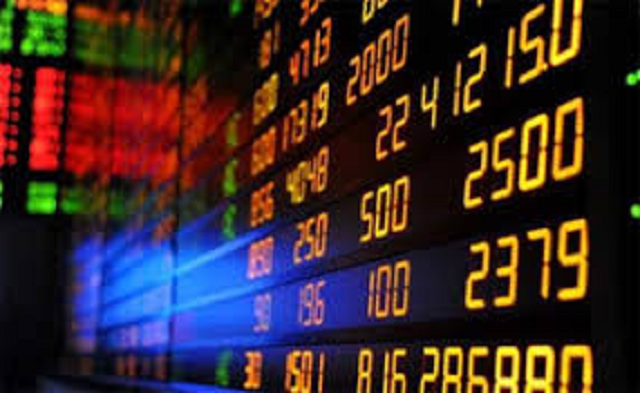Between Tuesday, January 4, 2022, and Friday, December 30 of the same year, stock investors in the Nigerian Exchange Group (NGX) gained N5.618 trillion.
The recorded profit in the period under review, BizWatch Nigeria, understands was from trading and stock asset values.
While stock investors ended the year happily in Nigeria, the country’s market capitalisation also recorded growth. From N22.297 trillion recorded as of when the market opened for trading last year, to N27.915 trillion at the end of the year, signaling a growth of 25.196%.
In the period under review, the NGX All-Share Index grew by 19.98% to 51,251.06 basis points amid volatility in stock markets across advanced countries caused by risk assets sell-offs by investors.
What drove Nigeria’s stock market last year
According to the Chief Executive Officer (CEO) of Wyoming Capital and Partners, Tajudeen Olayinka, the performance of the capital market was driven largely by the availability of investible funds and the impacts of inflation.
Speaking further, Olayinka said to replicate the achievement recorded last year in the ongoing year (2023), there’s a need for cautioning considering the size of the Nigerian economy.
For Uwa Osadiaye, a Senior Vice President of FBN Quest, the appreciation of the stock market was induced by the absence of foreign investors, who had taken a sizeable global risk off the capital market.
“If we had a significant amount of Foreign Portfolio Investment (FPI) in our equity market, the results would not have been very nice because a lot of them would have exited, causing a very bad decline in the market,” the FBN Quest’s chief stated.
Osadiaye added that the raise in the Monetary Policy Rate (MPR) by the Central Bank of Nigeria (CBN) motivated the investors to switch from equities to Federal Government debt instruments, which he noted was one of the major drivers of the stock market’s impressive performance.













